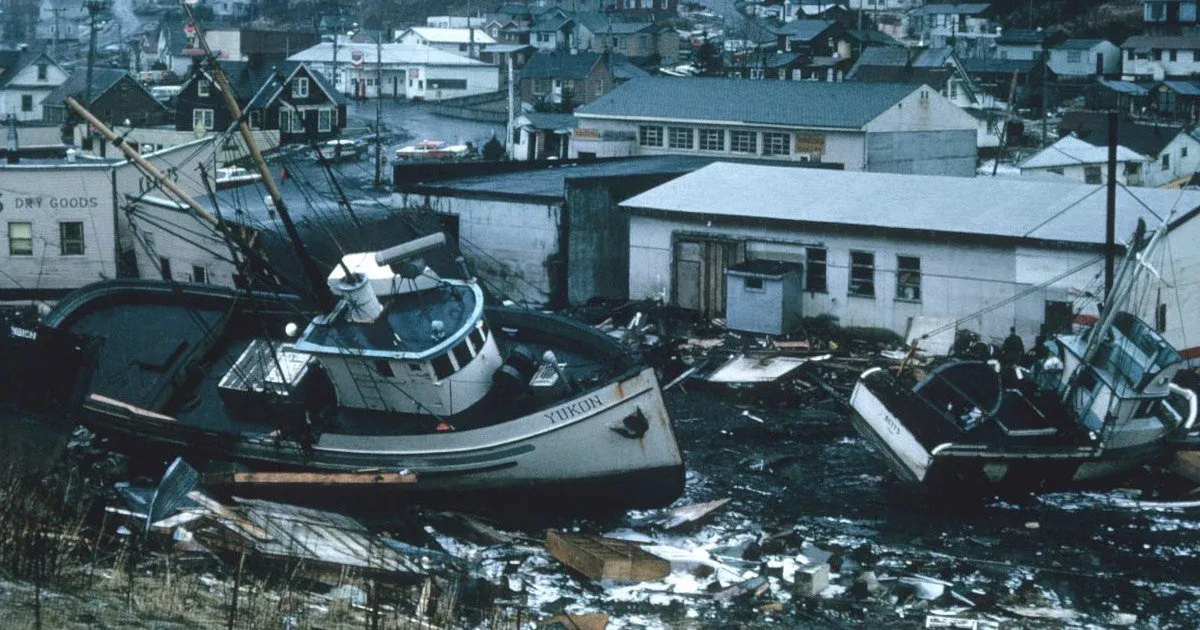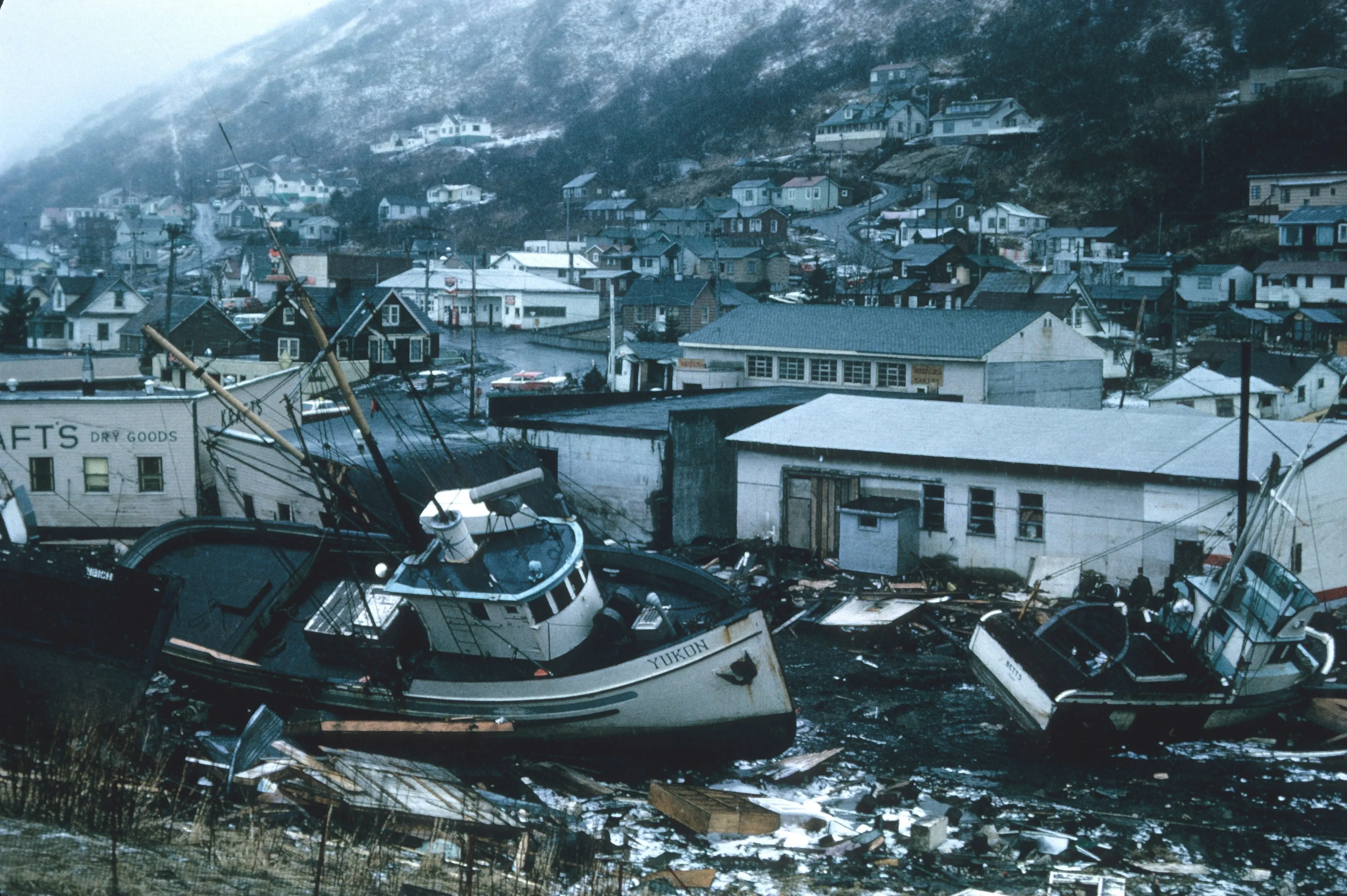
 Yachting
YachtingTips, insights, and inspiration for yacht owners and enthusiasts.
What Is Force Majeure in a Yacht Sales Contract?
Posted in Yachting Yacht transactions, especially those involving international parties, require more than just a handshake and a bill of sale. Contracts must address real-world complications — including unexpected disruptions. One such legal safeguard often found in these agreements is the force majeure clause.
Yacht transactions, especially those involving international parties, require more than just a handshake and a bill of sale. Contracts must address real-world complications — including unexpected disruptions. One such legal safeguard often found in these agreements is the force majeure clause.
If you've come across this clause in your yacht sales contract and wondered what it actually covers — and whether it truly matters — this guide explains the concept in clear, practical terms.
What Does Force Majeure Mean?
 The term "force majeure" originates from French civil law and translates as "superior force." It refers to unforeseen, uncontrollable events that prevent one or both parties from fulfilling their contractual obligations. These are events no one can prevent or anticipate — such as natural disasters, war, pandemics, or government-imposed restrictions.
The term "force majeure" originates from French civil law and translates as "superior force." It refers to unforeseen, uncontrollable events that prevent one or both parties from fulfilling their contractual obligations. These are events no one can prevent or anticipate — such as natural disasters, war, pandemics, or government-imposed restrictions.
In essence, a force majeure clause answers the question: what happens if something completely beyond either party’s control stops the contract from going forward?
Common force majeure events include:
- Natural disasters such as hurricanes, earthquakes, floods, and wildfires
- Political events such as war, acts of terrorism, or civil unrest
- Government actions such as port closures, trade embargoes, or changes in customs regulation
- Public health emergencies including pandemics and epidemics
- Global shipping or supply chain disruptions
When included in a yacht sales contract, the clause provides a legal basis for suspending or modifying obligations when these types of events occur.
Why Is This Clause Crucial in Yacht Sales?
While force majeure is a standard clause in many commercial contracts, its importance in yacht sales is especially high. Here's why:
-
Protection for the buyer If the buyer has already paid a deposit or arranged financing, a delivery delay caused by a natural disaster or government closure could otherwise be considered a breach. The clause ensures the buyer isn’t penalized for delays outside their influence.
-
Protection for the seller Yacht builders and brokers operate within complex global logistics. If delivery is delayed due to a port closure or natural catastrophe, the clause helps protect them from legal liability.
-
Clarity across jurisdictions International yacht deals often involve parties from different legal systems. A clearly written force majeure clause helps unify expectations and provides a shared legal framework, regardless of local laws.
-
Managing delays and responsibilities The clause can define how long obligations may be suspended before the contract may be canceled. It also sets expectations for how both parties should respond during disruptions.
Example scenario:
A yacht is scheduled for delivery from a shipyard in Europe. Days before shipment, the region is struck by a cyclone, closing all ports. If the contract includes a force majeure clause, the seller is not considered in breach — the delay is excused for as long as the event lasts, within limits set by the contract.
How COVID-19 Changed the Legal Landscape
 The COVID-19 pandemic prompted a major shift in how force majeure clauses are written. Contracts now frequently include pandemic-related language, covering:
The COVID-19 pandemic prompted a major shift in how force majeure clauses are written. Contracts now frequently include pandemic-related language, covering:
- Public health crises and travel restrictions
- Factory or shipyard shutdowns
- Border closures or customs delays
- Termination rights after a certain period of delay (commonly 30 days)
- Obligations to notify the other party promptly (usually within 48 hours of the disruptive event)
For yacht sales, these updates are especially important due to the international nature of transactions and logistics. Many brokers and shipyards now use updated contract templates to reflect lessons learned from global events.
What Force Majeure Does Not Cover
While the force majeure clause covers many unexpected and uncontrollable events, it does not apply to every difficulty that arises during a transaction. In fact, many situations that might seem challenging do not qualify as force majeure.
Here are examples of what a typical force majeure clause does not include:
-
Financial difficulties If a party claims they cannot meet their contractual obligations due to lack of funds, it is not considered force majeure. Financial strain is viewed as a business risk.
-
Loss of profit or market value A drop in yacht market demand or a rise in transport costs does not constitute force majeure. Economic downturns and changing market conditions are not unforeseen in the legal sense.
-
Strategic withdrawal or regret If a party decides the deal is no longer attractive or wants to redirect resources elsewhere, this is not grounds for invoking force majeure. The clause only applies to true external events that prevent performance.
In short, the clause is not a loophole to exit a contract for convenience. It applies only when extraordinary, external events genuinely make it impossible or unreasonable to perform what was agreed upon.
What Happens If There’s No Force Majeure Clause?
In contracts that lack a force majeure provision, the parties have no built-in legal framework to deal with disruptions. If an unforeseen event prevents one party from delivering the yacht or completing the payment, the default legal system may apply — and that often creates more uncertainty.
In such cases, two general legal doctrines may be considered: frustration of purpose and impossibility.
Frustration of purpose
This applies when an event undermines the very reason the contract was made, and that purpose was clearly known to both parties.
Example: A buyer purchases a yacht specifically to enter an international regatta, and the contract mentions this purpose. If the regatta is canceled due to political unrest or a government ban, the buyer may claim that the contract’s core intent has been frustrated.
Impossibility of performance
This refers to situations where it becomes physically or legally impossible to fulfill the contract.
Example: A yacht is destroyed in a fire or storm before it is delivered. If neither party is responsible, and there’s no alternative way to fulfill the contract, it may be deemed impossible to perform.
While these doctrines exist, they are often harder to prove and less predictable in court than relying on a clear force majeure clause. Without a defined contractual mechanism, the risk of dispute increases.
Practical Consequences of Not Having a Clause
If a yacht sales contract doesn’t include a force majeure provision, parties may face:
- Legal uncertainty about their rights and responsibilities
- Extended delays without clear limits or remedies
- Financial loss due to canceled payments, rescheduling, or litigation
- A higher likelihood of disputes and damage to business relationships
Given the high value and international nature of yacht transactions, relying on default legal remedies is a risky choice. A well-crafted clause allows both sides to act with confidence even during unexpected disruption.
How to Structure a Proper Force Majeure Clause in Yacht Sales Contracts
 For a force majeure clause to be effective, it must be clearly written and tailored to the specific nature of the transaction. A generic clause may not provide the protection you expect. When drafting or reviewing such a provision, consider the following elements:
For a force majeure clause to be effective, it must be clearly written and tailored to the specific nature of the transaction. A generic clause may not provide the protection you expect. When drafting or reviewing such a provision, consider the following elements:
-
List of qualifying events Specify the types of events considered force majeure, such as natural disasters, pandemics, acts of war, government-imposed restrictions, port closures, or global transport disruptions.
-
Notification requirement Include a deadline by which a party must inform the other if a force majeure event occurs. This is commonly within 48 to 72 hours of becoming aware of the event.
-
Maximum delay period Define how long obligations can be suspended. If delays exceed a certain period (for example, 30 days), either party may have the right to cancel the contract without penalty.
-
Clarification of effects Outline what happens to payments, delivery schedules, penalties, and other obligations during the force majeure period.
-
Governing law and jurisdiction For international contracts, clearly state which country’s law applies and which court (or arbitration center) will handle disputes.
These elements help ensure the clause is not only enforceable but also useful in the real-world context of yacht sales, which often involve complex timelines, cross-border coordination, and high financial stakes.
Conclusion
In the yacht sales world, a force majeure clause is more than legal boilerplate — it’s a key component of risk management. Whether you’re the buyer or the seller, it offers:
- A buffer against uncontrollable events
- A structured process for handling delays or disruptions
- Protection from being penalized for circumstances outside your control
- A tool to avoid disputes, delays, and financial losses
Given the unpredictable nature of global logistics, weather conditions, and political developments, having a force majeure clause in place is not optional — it’s essential.

Learn more on the “Yachting”
To learn more on the “Yachting” or to get advice on how to buy or sell a yacht or get a great price for a yacht charter
please call +1 (954) 274-4435 USAOnly deal with professionals!


